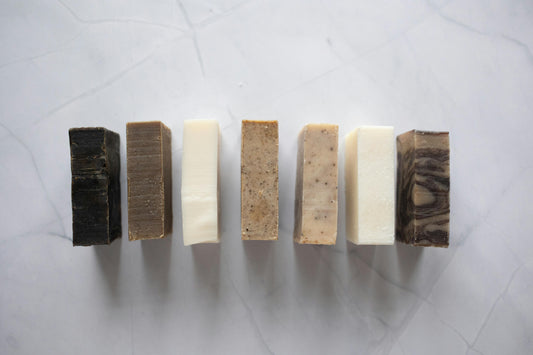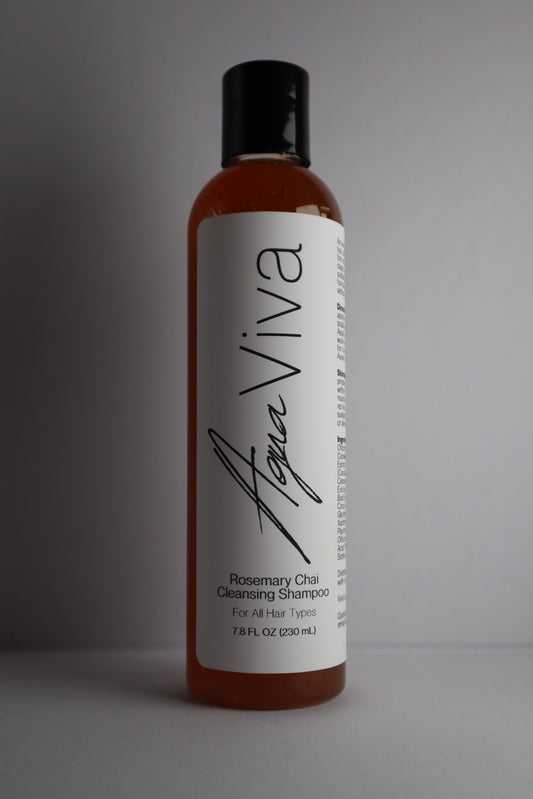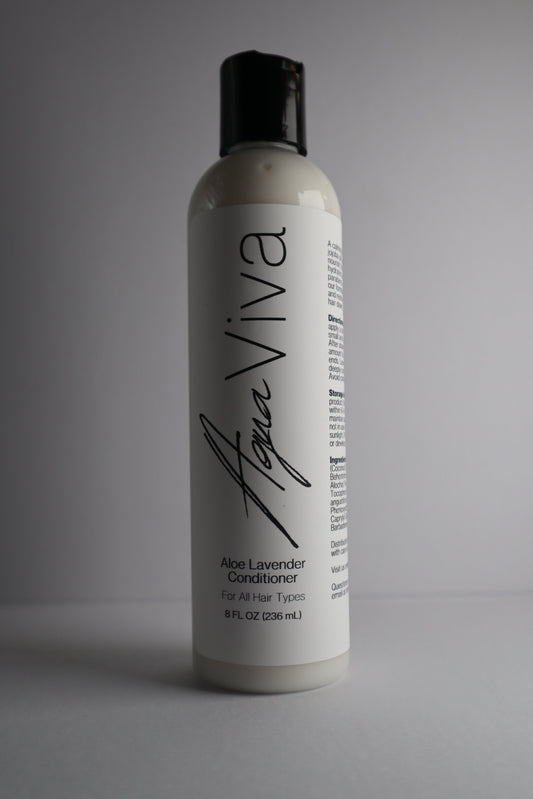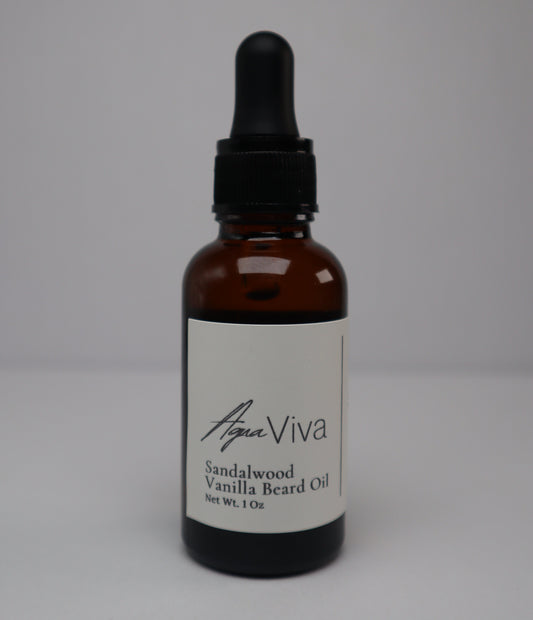
Are Sulfates Bad For Hair?
Share
If you've ever seen products labeled as "Sulfate Free" you've probably had a question that many of us have asked upon seeing this - are sulfates bad for hair? This question has become increasingly common as more people become aware of the ingredients in their personal care products. Sulfates, particularly sodium lauryl sulfate (SLS) and sodium laureth sulfate (SLES), are widely used in shampoos for their powerful cleansing and foaming abilities. However, concerns about their effects on hair and scalp health have led many to reconsider their use.
What Are Sulfates?
Sulfates are a type of surfactant used in shampoos to break down oil and dirt so they can be rinsed out. Sulfates are know for creating a rich lather that many people associate with clean hair. Common sulfates found in hair care products include Sodium Lauryl Sulfate (SLS), Sodium Laureth Sulfate (SLES), and Ammonium Lauryl Sulfate (ALS).
While sulfates are strong cleansers that remove buildup from the scalp and strands, they can also strip away the natural oils that keep hair moisturized and healthy.
Why Are They So Widely Used?
Sulfates like SLS and SLES were introduced in the early 20th century for their powerful cleansing and foaming abilities. They quickly became staples in shampoos due to their low cost and strong cleansing ability.
Over time, their widespread use shaped consumer expectations of what "clean" should feel like. Consumers began to associate high foam and lather with better cleansing, but this is a common misconception - high foam or lather does not necessarily mean better cleansing. Consumers also began to associate the feeling of "clean" with hair that is completely stripped of all oils. Only recently have concerns about dryness and long-term damage led to growing interest in sulfate free alternatives.
Are Sulfates Toxic?
While sulfates are not inherently toxic, their drying and stripping properties can cause damage to the hair over time, especially with frequent use.
One of the biggest misconceptions is that sulfates are toxic or carcinogenic. While some manufacturing processes can lead to trace contaminants like 1,4-dioxane, regulatory agencies such as the FDA and independent bodies like the Cosmetic Ingredient Review (CIR) have found that sulfates are safe in rinse-off products when formulated correctly.
There is no credible evidence to suggest that sulfates are dangerous to human health when used as intended. The issue is not toxicity but the potential for long-term hair damage due to overuse.
So, Are Sulfates Bad for Hair?
The short answer is this: while not inherently toxic, they are overly harsh for many people, especially when used over time. They can be worse if used frequently or on hair types that are more prone to dryness. The primary concern with sulfates is that they do not discriminate between unwanted buildup and the scalp’s natural sebum. This can lead to excessive dryness and brittleness, irritated or itchy scalp, color fading in dyed hair, and/or frizz in textured or curly hair.
For many, especially those with dry, curly, or chemically treated hair, frequent sulfate use can contribute to damage over time.
Sulfate Free Alternatives for Healthier Hair
The rise of sulfate free shampoos offers a gentler approach to cleansing. These products use milder surfactants such as cocamidopropyl betaine, coco glucoside, and sodium cocoyl isethionate, to name a few.
Sulfate free shampoos are designed to clean the hair without compromising its moisture barrier. Although they may not produce as much lather, they are generally less irritating and more suitable for daily use, especially for dry or fragile hair types.
In Conclusion
Sulfates are not inherently toxic or dangerous, however, they are not ideal for many people. The question "Are sulfates bad for hair?" really comes down to how often you use them and how your hair reacts. For people with sensitive, color-treated, or naturally dry hair, sulfate shampoos can lead to long-term dryness and damage.
If you have shampoos with sulfates, you don't need to immediately throw them all away, but you may consider switching to a gentler cleaner for everyday use.
If you are looking for an everyday cleanser, our Rosemary Chai Cleansing Shampoo is a great option. Formulated without sulfates, this shampoo is formulated with an infusion of rosemary, clove, and chai spices for a gentle yet invigorating clean.







